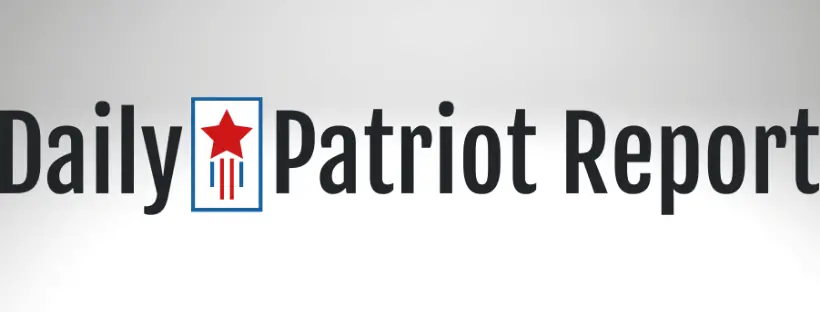Israeli Prime Minister Benjamin Netanyahu is set to meet President Donald Trump at the White House on Monday. One major topic? Washington’s new global tariffs.
“This meeting comes at a critical moment on many key issues: the efforts to return our hostages being held by Hamas, the instability in Syria and the threats posed by Iranian proxies,” said Israeli Ambassador to the U.S. Yechiel Leiter.
“The recent implementation of tariff policy will also be discussed,” Leiter continued. “Just as Prime Minister Netanyahu was the first world leader to visit President Trump in his second term... he is now once again the first leader to meet with the president with regard to deepening economic ties and putting trade relations in order.”
Netanyahu last visited Trump on February 4. The timing now comes just days before new tariffs on Israeli imports take full effect.
A 17% tariff on Israeli goods was announced. That includes a 10% global tariff starting April 5, with an extra 7% set for April 9.
“The fear is that these tariffs will hurt exports of diamonds as well as high-tech or defense systems like drones,” said Alex Coman from Israel’s Holon Institute of Technology. “If our income were to be reduced as a result, this would be a problem.”
“These tariffs came as a surprise,” Coman added. “Prior to this decision, there were very few imposed... I am very optimistic that these tariffs will be reduced.”
In 2024, the U.S. and Israel traded $37 billion in goods. U.S. exports totaled $14.8 billion, while imports from Israel hit $22.2 billion.
That left the U.S. with a $7.4 billion trade deficit. An 8.6% jump from the previous year.
The Trump team used that number to calculate the new tariff. They divided the $7.4 billion deficit by the $22.2 billion in imports, then halved it to reach 17%.
Trump and Netanyahu discussed the issue in a call on Thursday. Hungary’s Prime Minister Viktor Orbán was also part of the conversation.
The next day, U.S. Secretary of State Marco Rubio called Netanyahu to “underscore U.S. support for Israel.”
The tariffs caught Netanyahu off guard. He quickly began pushing to reduce them to 10%. Finance Minister Bezalel Smotrich also signed off on removing Israeli tariffs on American agricultural imports.
Since signing a free trade deal in 1985, 98% of U.S.-Israel trade has been tariff-free. That deal was America’s first.
The leaders will also address the war with Hamas in Gaza. Sixty hostages remain in captivity after the October 7 attacks.
Turkey’s intervention in Syria will come up too. So will Iran’s nuclear program and the International Criminal Court’s arrest efforts against Israeli officials.
“The top issue to be discussed will be Iran because it seems [nuclear] negotiations might begin,” said Ariel Kahana of Israel Hayom. “I believe Netanyahu will want to caution Trump ahead of time.”
“We saw the report about the U.S. sending a second THAAD anti-missile battery to Israel,” he added. “They will want to coordinate all of that together.”
“They will also talk about the war in Gaza, the hostages and the tariffs... With regards to Turkey, I assume Netanyahu will ask Trump to put some limits on [President Recep Tayyip] Erdogan,” Kahana said. “It might reach a point that could lead to a direct military conflict.”
As he departed Hungary Sunday, Netanyahu emphasized the importance of this White House meeting.
“I can tell you that I am the first international leader, the first foreign leader, who will meet with President Trump on this issue, which is so important to Israel’s economy,” Netanyahu told reporters. “There is a very long line of leaders who want to do the same... I believe this reflects the special personal relationship and the special bond between the United States and Israel, which is so vital at this time.”
